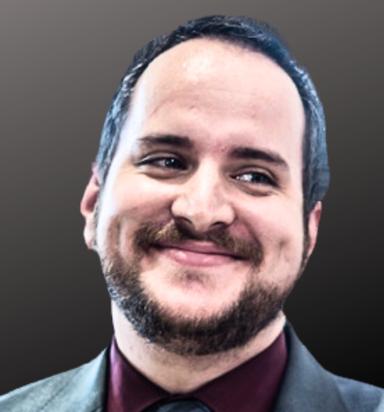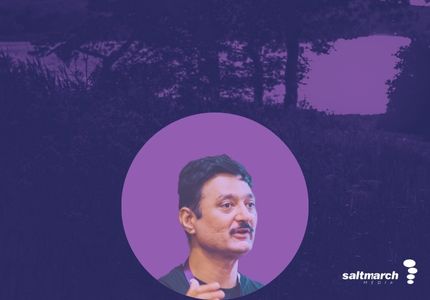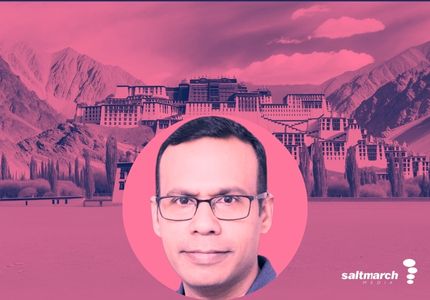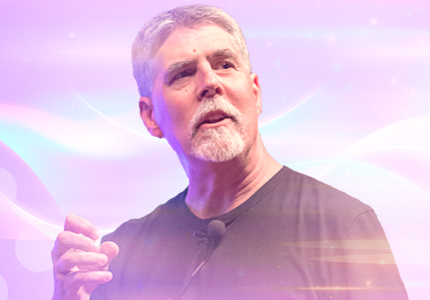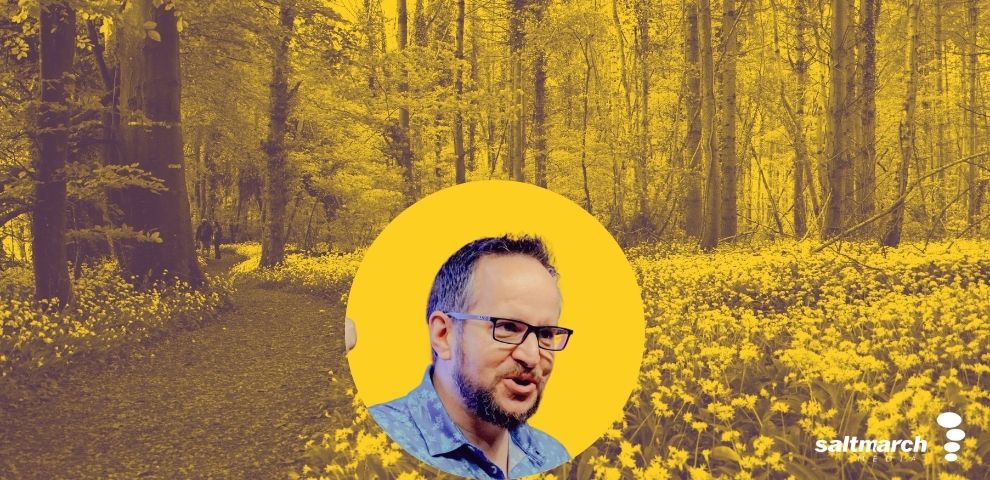
< session />
Architecture Blindspots, Biases, and Blunders: Avoiding Common Pitfalls in System Design
Tue, 22 April, 2:00 PM - 3:00 PM GMT+5:30
Architectural decisions are often influenced by blindspots, biases, and unchecked assumptions, which can lead to significant long-term challenges in system design. In this session, we’ll explore how these cognitive traps affect decision-making, leading to architectural blunders that could have been avoided with a more critical, holistic approach.
You’ll learn how common biases—such as confirmation bias and anchoring—can cloud judgment, and how to counteract them through problem-space thinking and reflective feedback loops. We’ll dive into real-world examples of architectural failures caused by biases or narrow thinking, and discuss strategies for expanding your perspective and applying critical thinking to system design.
Whether you’re an architect, developer, or technical lead, this session will provide you with tools to recognize and mitigate the impact of biases and blindspots, helping you make more informed, thoughtful architectural decisions that stand the test of time.
Target Audience: This session is primarily aimed at Software Architects, as it focuses on the cognitive challenges in architectural decision-making and how to overcome them. Technical Leads are the secondary audience, as they often make critical design choices and can benefit from understanding the pitfalls of biases. Back-end Developers and OpsTech Professionals will also find value in learning how architectural decisions impact system performance, reliability, and scalability, and how to contribute to more thoughtful design processes.
< speaker_info />
About the speaker
Michael Carducci
Hands-on Software Architect & Magician
Michael Carducci is a seasoned IT professional with over 25 years of experience, an author, and an internationally recognized speaker, blending expertise in software architecture with the artistry of magic and mentalism. His upcoming book, “Mastering Software Architecture,” reflects his deep understanding of the multifaceted challenges of building resilient, effective software systems and high-performing teams. Michael's career spans roles from individual contributor to CTO, with a particular focus on strategic enterprise architecture and digital transformation.
As a magician and mentalist, Michael has captivated audiences in dozens of countries, applying the same creativity and problem-solving skills that define his technology career. He excels in transforming complex technical concepts into engaging narratives, making him a sought-after speaker, trainer, and emcee for internal and tech events worldwide.
In his consulting work, Michael adopts a holistic approach to software architecture, ensuring alignment with business strategy and operational realities. He empowers teams, bridges tactical and strategic objectives, and guides organizations through transformative changes, always aiming to create sustainable, adaptable solutions.
Michael's unique blend of technical acumen and performative talent makes him an unparalleled force in both the tech and entertainment industries, driven by a passion for continuous learning and a commitment to excellence.
